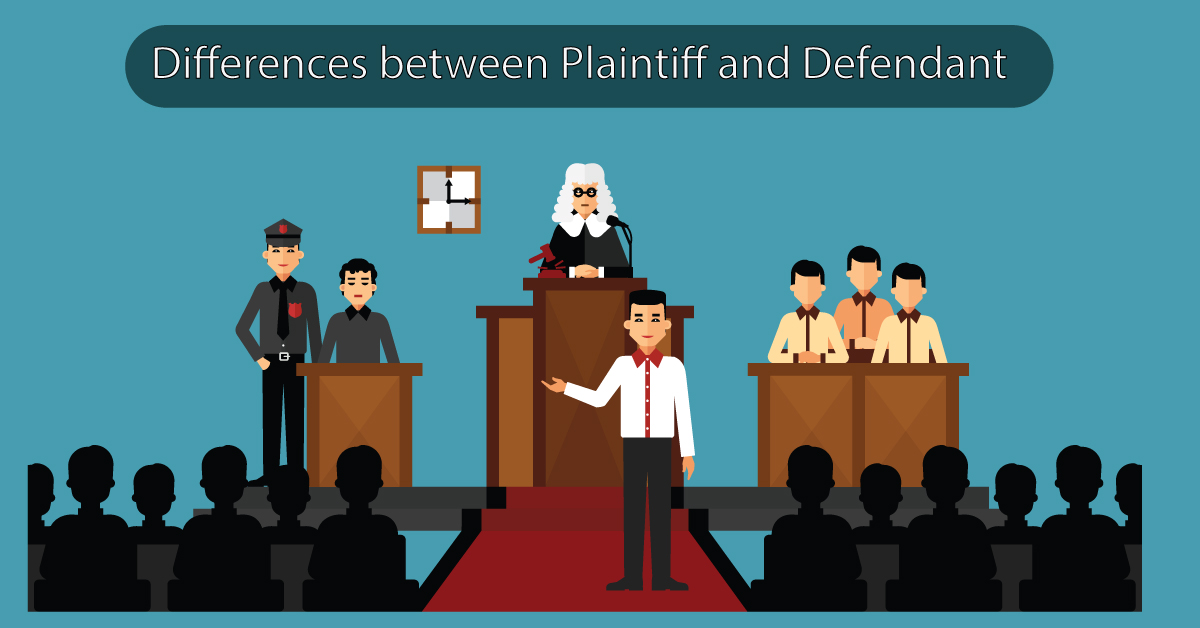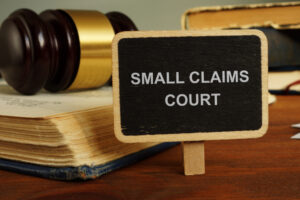What is a Plaintiff in Court
In the American legal system, a plaintiff is a party who initiates a lawsuit by filing a complaint against another party, known as the defendant. The plaintiff seeks compensation, damages, or injunctive relief from the court for some type of harm allegedly caused by the defendant. Understanding the critical role of a plaintiff is important for anyone considering filing a lawsuit.
Definition of Plaintiff
A plaintiff is simply the individual or entity who files a civil lawsuit in court. They are petitioning the court to provide a legal remedy and believe they have a legitimate cause of action against the defendant. The plaintiff initiates the legal action, and therefore carries the burden of proof.
Who Can Be a Plaintiff
Theoretically, anyone can be a plaintiff if they have legal standing to file a lawsuit. A person directly harmed or injured by another party is the most common type of plaintiff. Businesses can also file lawsuits as plaintiffs against other businesses or individuals. Class action lawsuits can have multiple plaintiffs. Governments and organizations may also be plaintiffs in certain types of cases.
Role of a Plaintiff
The main role of a plaintiff is to file the initial complaint stating how the defendant caused them harm, and requesting that the court provide relief. The plaintiff then must present evidence and arguments to prove their case during the trial. They work closely with their legal counsel throughout the litigation process.
How a Lawsuit Begins
There are two main steps required for a plaintiff to initiate a lawsuit: filing a complaint and serving the defendants.
Filing a Complaint
The plaintiff’s first action is to draft and file a civil complaint with the appropriate court stating factual allegations against the defendant and the relief being sought. This legal document outlines the plaintiff’s case, the nature of the dispute, and the legal basis for the damages.
Serving the Defendants
After filing, the plaintiff must legally serve the defendants with the court papers, including the official summons and copies of the complaint. Rules for proper service vary based on jurisdiction and type of lawsuit. Service puts the defendant on notice that they are being sued.
The Plaintiff’s Responsibilities
Being the plaintiff involves certain ongoing responsibilities, including gathering evidence, undergoing discovery, and covering legal costs.
Gathering Evidence
A plaintiff must start gathering evidence and documenting their case as early as possible. Police reports, medical records, financial documents, correspondence, witness statements, photographs, and other relevant evidence should be collected and organized.
Depositions and Interrogatories
The plaintiff must cooperate in the discovery process by providing depositions under oath if requested, and answering any written interrogatories from the defense. Depositions allow the defendant to interview the plaintiff and other witnesses under oath prior to trial.
Covering Legal Costs
It is generally the plaintiff’s responsibility to pay for their own attorney fees and legal costs throughout litigation. If they win, the court may order the defendant to reimburse some or all of these expenses.
Why File a Lawsuit as a Plaintiff
There are three primary reasons someone may decide to take legal action by becoming a plaintiff: seeking monetary compensation, injunctive relief, or holding defendants accountable.
Monetary Compensation
Many plaintiffs file litigation in hopes of receiving money for damages caused by the defendant’s actions or negligence. Compensatory damages reimburse actual financial losses, while punitive damages punish and deter extreme misconduct.
Injunctive Relief
A plaintiff may request the court to order the defendant to take or refrain from certain actions. For example, prohibiting the defendant from operating an illegal business or stopping the infringement of property rights. This injunctive relief seeks to regulate future behavior.
Holding Defendants Accountable
Beyond money or court orders, some plaintiffs bring lawsuits to hold defendants publicly accountable, reform business practices, spotlight social issues, or enact change through the courts.
Key Takeaways
- A plaintiff initiates a lawsuit by filing a complaint and serving notice to the defendant(s).
- The plaintiff has the legal burden of proof and must gather evidence to present a compelling case.
- Common motivations to file a lawsuit include monetary damages, injunctive relief, and holding defendants legally accountable.
- Being a plaintiff involves costs, time commitments, legal obligations, and emotional demands.
Conclusion
Acting as a plaintiff allows an individual or entity to petition the court system for a remedy when they believe someone has committed harm against them. The plaintiff sets the legal machinery in motion through careful pleading and must back up their claims with sufficient evidence. While being a plaintiff can be complex, those who have been legitimately wronged may find the litigation process brings justice, closure, and valuable protections of their rights.
FAQs
1. What is the difference between a plaintiff and a defendant?
The plaintiff initiates the lawsuit by filing a complaint, while the defendant is the party being sued and must respond to the allegations. The plaintiff carries the burden of proof.
2. Does a plaintiff need an attorney?
While anyone can technically file a lawsuit, having good legal representation greatly improves a plaintiff’s chances of succeeding in court. An experienced lawyer knows litigation procedures and case strategy.
3. What kinds of compensation can a plaintiff receive?
If successful, plaintiffs can be awarded money damages to cover things like lost income, property losses, medical bills, pain and suffering, and punitive damages intended to punish the defendant.
4. Can a plaintiff withdraw a lawsuit?
Yes, a plaintiff may withdraw their lawsuit at any time before a final judgment, usually by filing a voluntary dismissal of the case without prejudice. However, the plaintiff may be responsible for certain defendant legal costs.
5. What happens if a plaintiff loses a lawsuit?
If a judge or jury decides against the plaintiff, they will not receive any compensation or relief. The plaintiff may also be ordered to pay all or part of the defendant’s court costs and attorney fees.







